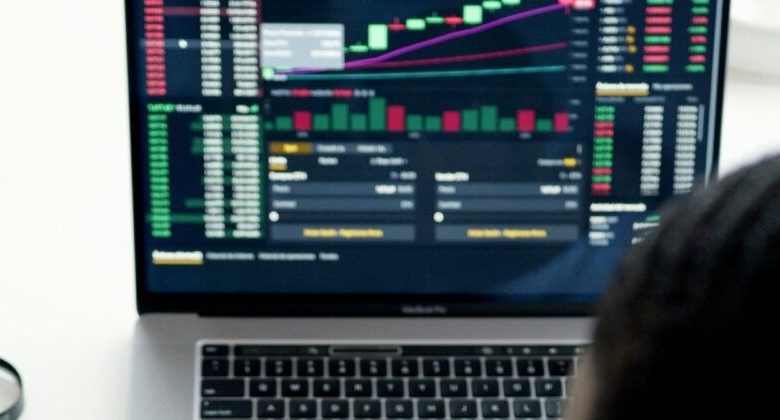How Personal Finance Discipline Can Improve Trading Decision-Making

Successful trading requires more than just market knowledge and analysis; it demands a disciplined approach to decision-making. Personal finance discipline plays a crucial role in shaping this mindset, as it fosters habits of careful planning, risk management, and emotional control. By applying the principles of personal financial management to trading, individuals can make more calculated and confident decisions in the market.
In this article, we will discuss how personal finance discipline can improve trading decision-making.
The Importance of Personal Finance Discipline in Trading
One of the foundational aspects of successful trading is understanding and adhering to financial boundaries, and this is where personal finance discipline becomes essential. For instance, futures margin requirements, which are the minimum funds a trader must maintain in their account to open or hold a position, require careful financial planning and management.
Traders who are disciplined in their personal finances are better equipped to calculate and allocate funds for these margin requirements without over- leveraging or exposing themselves to unnecessary risk. This discipline helps traders maintain stability, avoid panic during market volatility, and ensure their trading strategy aligns with their financial capacity. By managing their finances prudently, traders can make informed decisions while navigating the complexities of margin-based trading.
Risk Management and Emotional Control
Another crucial aspect of personal finance discipline that translates to trading is risk management and emotional control. In personal finance, individuals must balance their income, expenses, and savings to maintain financial stability. Similarly, in trading, managing risk is key to preserving capital while taking calculated risks for potential gains.
Traders with strong financial discipline are more likely to implement sound risk management strategies such as diversification, position sizing, and stop-loss orders. They also understand the importance of emotional control in decision- making and can avoid impulsive trades based on fear or greed.
Planning for Trading Success
Disciplined trading requires a long-term mindset that prioritizes planning ahead instead of chasing quick profits. Just like with personal finances, traders must set realistic goals and create a budget to achieve them. This includes planning for potential losses and market volatility to minimize risks and protect capital.
Traders who are disciplined in their personal finances are more likely to have the patience and discipline required for successful long-term trading. They also understand the importance of setting aside savings for unexpected expenses or market downturns, which can help them weather turbulent times in the market.
Budgeting
Budgeting is a fundamental aspect of personal finance discipline, and its importance extends directly to trading. Creating and adhering to a budget helps traders allocate their resources wisely, ensuring they have sufficient funds for both trading and other financial commitments. By setting clear financial limits, traders can prevent overtrading and minimize exposure to significant risks.
For example, a trader might allocate a specific percentage of their income to a trading account each month while maintaining a reserve fund for unexpected expenses. This structured approach not only enhances financial stability but also instills discipline, reducing the likelihood of emotional, spur-of-the moment trading decisions that could lead to losses. A well-crafted budget empowers traders to focus on their strategies and goals rather than stressing over money management.
Continuous Learning and Adaptation
The markets are ever-changing, which makes continuous learning and adaptation essential for long-term trading success. Disciplined personal finance habits often create a mindset of accountability and growth, encouraging traders to stay informed and improve their knowledge. Just as individuals track their expenses and adjust their budgets when necessary, traders can refine their strategies based on market trends and insights.
This could involve keeping up to date with economic news, taking courses to expand their skill set, or analyzing past trades to identify strengths and weaknesses. A trader committed to learning and adapting is better equipped to respond to market fluctuations effectively, reducing the chances of making uninformed decisions. By coupling this growth-oriented mindset with financial discipline, traders can stay ahead and maintain a competitive edge.
Conclusion
In conclusion, financial discipline is crucial for success in both personal finance and trading. By managing their funds prudently, implementing risk management strategies, and having a long-term mindset, traders can navigate the complexities of margin-based trading with confidence and increase their chances of achieving profitable results.
Budgeting and continuous learning further enhance trading discipline, enabling individuals to manage resources effectively and adapt to changing market conditions. It is important for individuals interested in trading to first establish sound financial habits before venturing into the markets.




